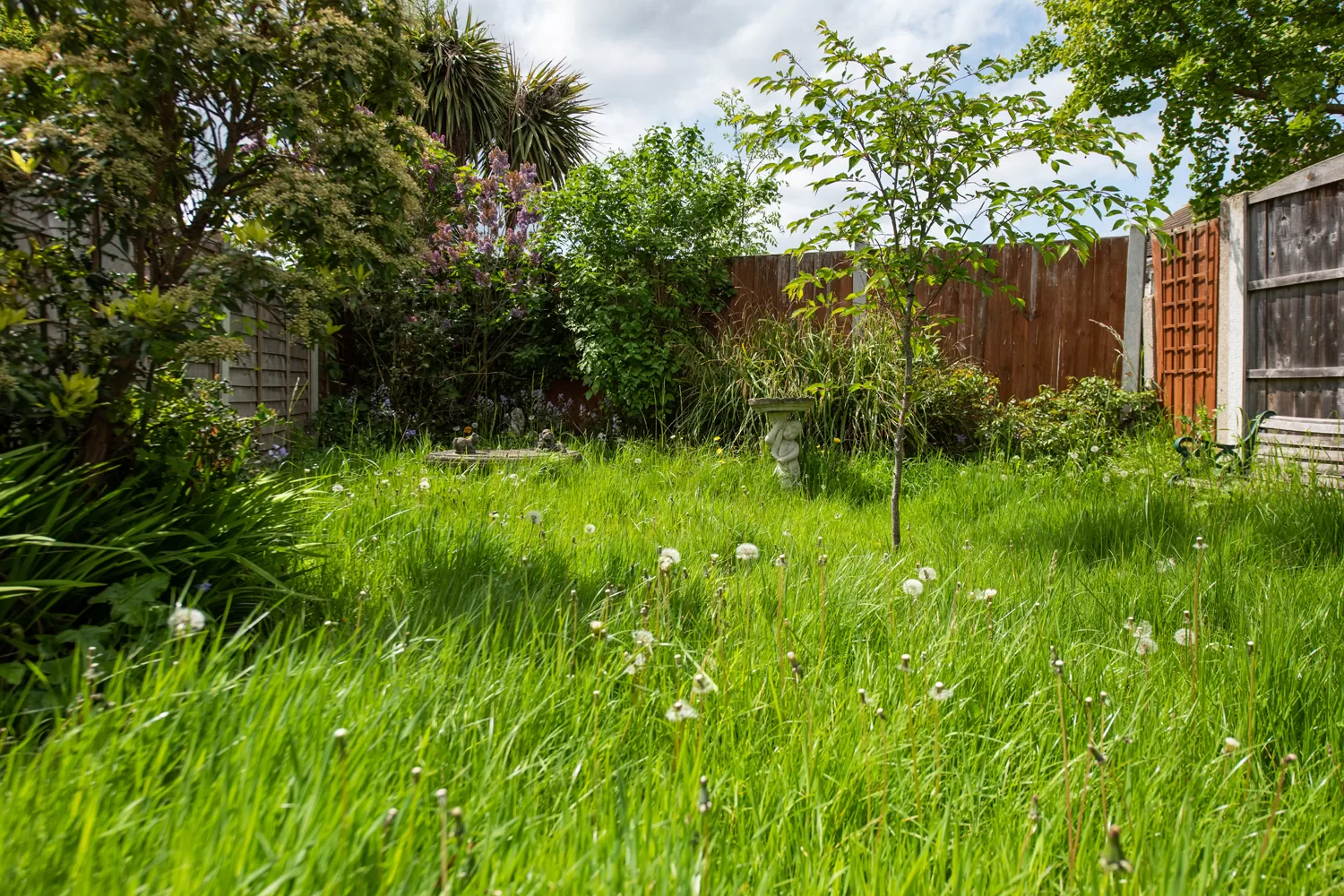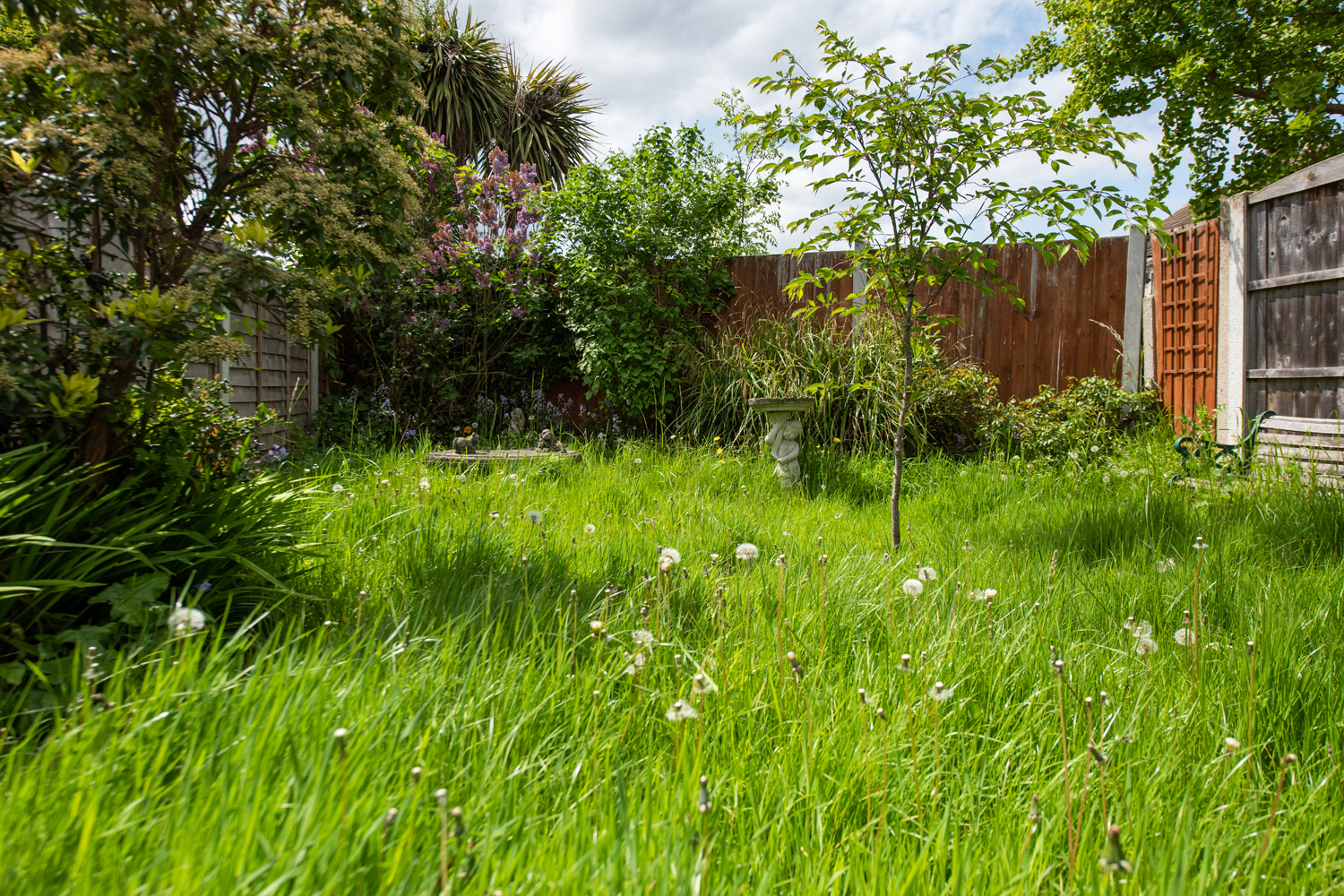He explained that correct gardening maintenance is critical for healthy grass.
Steven Bell, owner of Paving Shopper and a landscape gardener, shared the tips.
He urged gardeners to take proactive measures throughout the year to keep their turf in good shape.
One important step, he revealed, is proper weed management.
The expert recommended pulling weeds out from its roots to prevent regrowth and promote grass health.
Especially as the weather gets warmer and summer quickly approaches, he explained that keeping your lawns weed-free is critical.
In the spring, Bell also steps up his mowing frequency.
He recommends cutting grass to five centimeters, or about two inches tall, to promote photosynthesis, which is “vital for the grass’s recovery and vitality.”
To counteract potential droughts, he also recommends pre-emptive hydration.
His lawn prep tips boil down to a few key cornerstones that require commitment and dedication.
“Start now: Begin your lawn care routine without delay if your lawn is looking lackluster,” he said.
“Weed Management: Pull out weeds by the roots to ensure they don’t return,” he added.
“Increase Mowing: As the weather warms, increase the frequency of mowing and keep the grass at approximately five centimeters.
“Hydrate: Prepare for dry spells by hydrating your lawn early, especially ahead of the summer.
“Control Weeds: Regularly check for and remove weeds during the growing season to keep your lawn pristine.”
Start now: Begin your lawn care routine without delay if your lawn is looking lackluster.
Steven Bell
Other lawn experts shared their tips and tricks for a lush green space.
Kevin, a writer at DIY Lawn Expert, shared his go-to maintenance tips with The U.S. Sun.
While hydration is key, he warned gardeners against over-watering their lawns.
“Over-watering your lawn actually causes more damage than a lack of water,” he said.
“Most turf grasses can handle dry spells, but not flooding.
“”As a rule of thumb, turf grass needs about an inch of water per week in the summer to maintain green color and active growth.”
If you over-water accidentally, he added, it can open up your lawn to potential issues down the line.
“If you overwater, roots stay within the top few inches of the soil’s surface, making the grass dependent on you for its survival and it becomes more susceptible to fungus and diseases,” he said.

